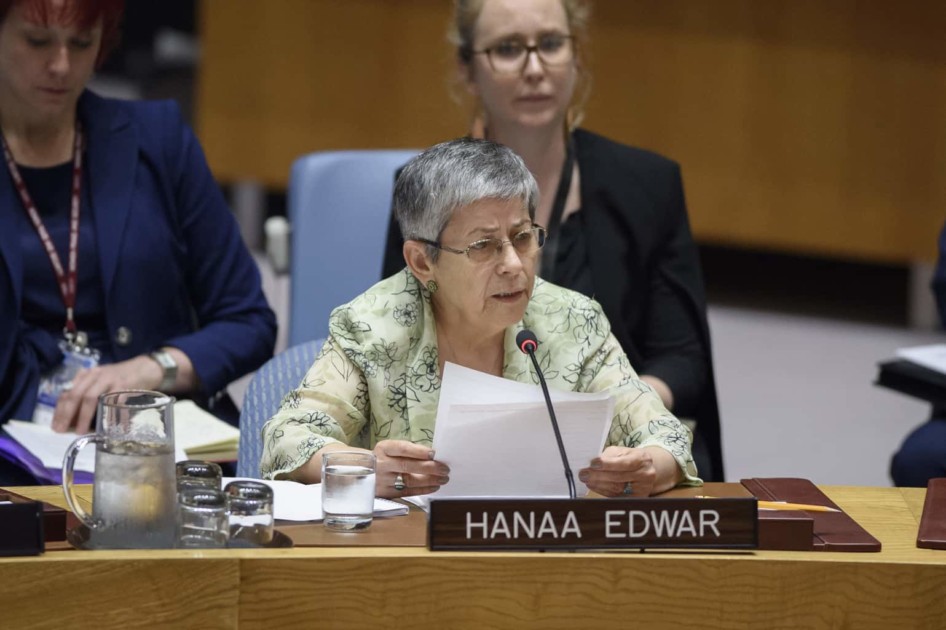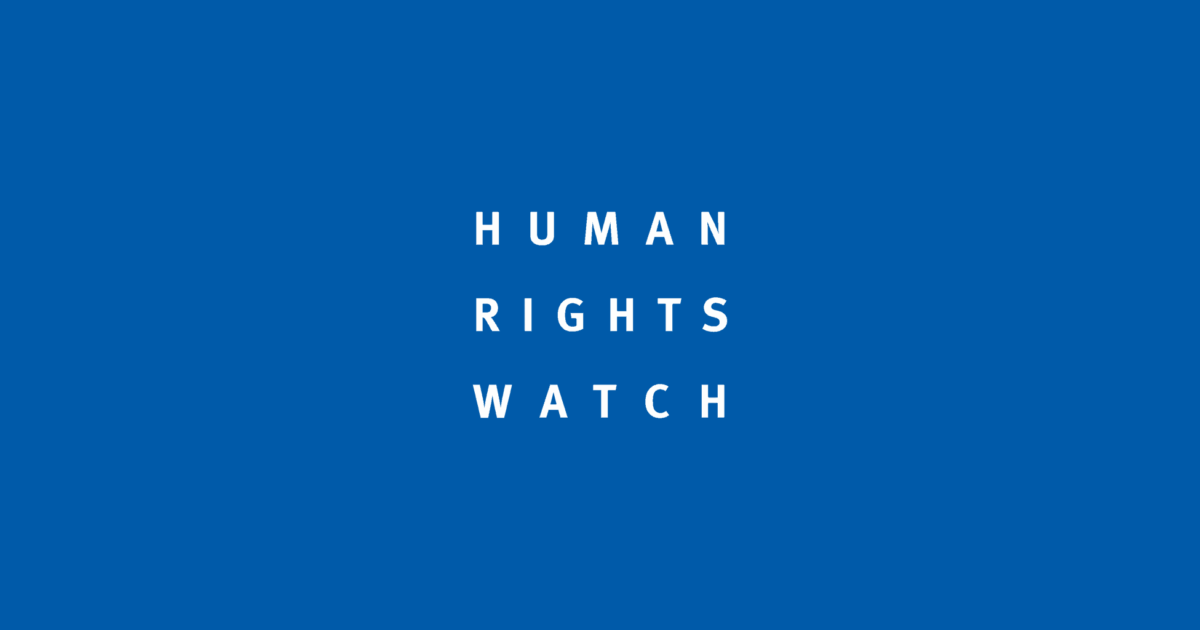Countering Violent Extremism & Terrorism
Countering Violent Extremism & Terrorism
Violent extremists (VE) are individuals who support and/or commit ideologically-motivated violence to further political agendas. Countering violent extremism (CVE) therefore encompasses the preventative aspects of counter-terrorism (CT) to undermine the attraction of extremist organizations, and ideology that promotes violence. Methods include specific community-led awareness, interventions and counter narratives.
In the context of the recent global spread of violent extremism, which systematically targets women and employs sexual and gender-based violence, the NGO Working Group works to ensure the UN Security Council and Member States incorporate WPS (Women, Peace and Security) resolutions and best practices. These 7 Provisions are the result of fifteen years of work on WPS, in all actions to countering violent extremism and counter-terrorism policies. In particular, the NGO Working Group advocates for the inclusion of gender analysis and monitoring, to better understand the dynamics and impacts of violent extremism on women, including recognizing the broad range of roles women play in supporting and countering violent extremism.
In addition, the NGOWG advocates for changes to the mandate of the UN Committee on Counter-terrorism, guided by resolutions 1373 (2001) and 1624 (2005), to ensure that women and women civil society organizations are consulted, and are granted full and equal participation in formal processes of CVE and CT at the international, regional and national level.
Current and Past Recommendations to the UN Security Council (Monthly Action Points)
In the forthcoming joint briefing by the counterterrorism committees, gender should be integrated as a crosscutting issue by all committees, insofar as women’s rights and principles of peacebuilding, which are the cornerstones of the women, peace and security (WPS) agenda, are not compromised or undermined. With the support of CTED, committees should hold consultations with women and civil society actors, including women’s groups, in order to better understand the impacts of the counterterrorism agenda on local communities. Furthermore, emphasis should be put on participation and leadership of civil society actors, including women’s groups in ensuring human rights-compliant counterterrorism policies (S/RES/2395 (2017)). In taking a gender-sensitive approach to its work, the committees must recognize the impacts of counterterrorism efforts on women’s human rights and women’s organizations and ensure that they encourage Member States to protect WPS policies and programs so that they remain tools for achieving women’s rights as a standalone goal, rather than as a means to achieve national security objectives. As such, Member States should ensure efforts to prevent and counter violent extremism follow well-evidenced peacebuilding and human rights-based approaches, respect the rule of law and work from the basis that women’s rights and fundamental freedoms of all communities are the foundation of sustainable, genuine peace (S/RES/2395 (2017)). Member States must also guarantee that counterterrorism policies and programs are comprehensive and grounded in analysis of gendered power relations, and are fully funded without undermining WPS efforts.
Relevant Resources











